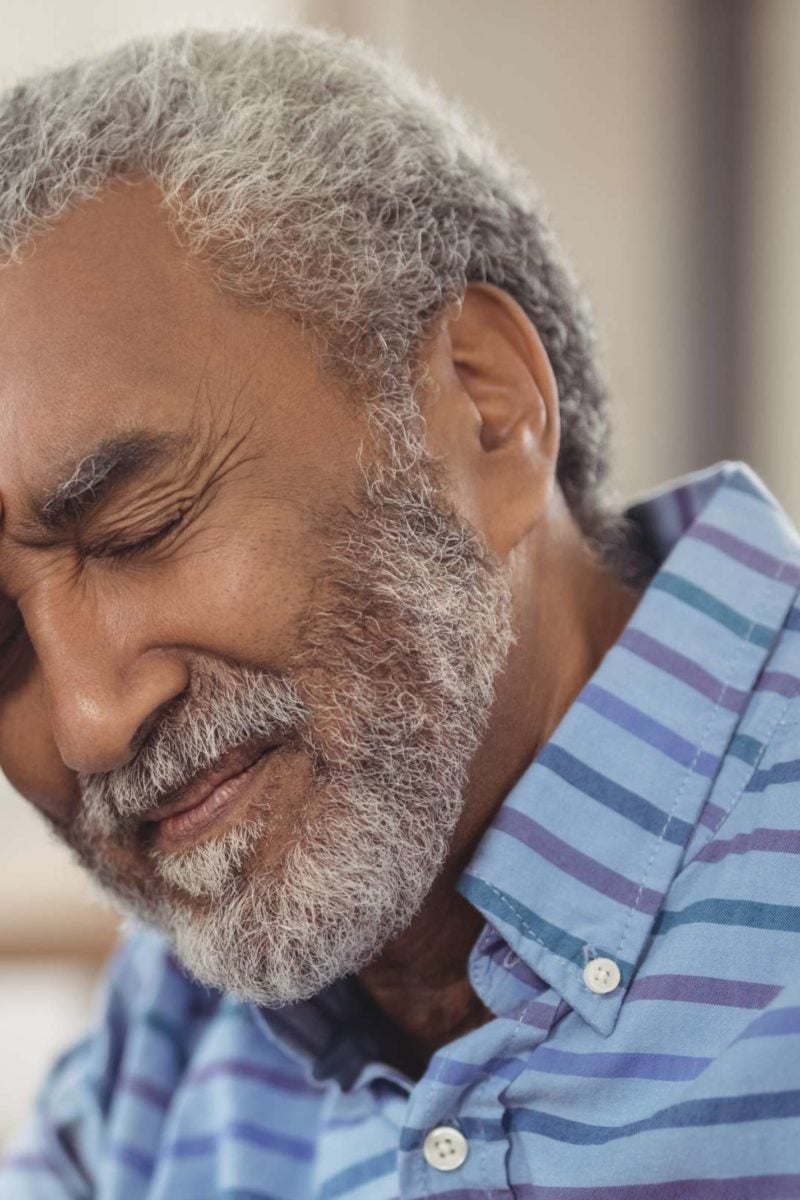
A stroke can cause muscle. Stroke survivors often experience pain after their strokes.

Stroke patients often experience painful symptoms and there are many treatments available to help you feel more comfortable.
Are strokes painful. A stroke keeps blood from reaching the brain and leads to brain tissue damage. About 10 of people who experience a stroke eventually develop severe pain that is called post-stroke pain central pain or thalamic pain after the part of the brain typically affected. A headache is the only painful symptom of a stroke.
The list below includes classic signs of stroke. It is common to only experience some of the symptoms. For example a person experiencing.
Strokes are typically not painful. There may be headache or neck pain which indicate a bleeding type of stroke. More commonly symptoms of a stroke include facial drooping arm weakness slurred speech or having difficulty coming up with words.
Stroke survivors often experience pain after their strokes. Whatever the level of pain it can compromise quality of life for patient and caregiver alike. Stroke patients often experience painful symptoms and there are many treatments available to help you feel more comfortable.
Nobody should have to suffer chronic pain. The best treatment is preparation and prevention so do your best to start relieving your pain as soon as it starts. Ive never noticed a person to be in physical pain emotional pain YES YES.
It can be very disturbing for people and many cry if that part of their brain was affected or if they are really. Most stroke survivors who have central pain complain of severe and persistent pain that may include aching burning tingling tenderness or other unpleasant sensations. Generally central pain is associated with strokes that cause moderate loss of muscle strength and mild to moderate decreased sensation and not typically with strokes that cause a complete loss of strength or a complete loss of.
A stroke also known as a brain attack occurs when blood flow to the brain stops and the brain cells in the area begin to die. A stroke can affect the entire body. Acting fast can make a big.
A stroke can damage the way the nerves control your muscles. This can lead to muscles contracting for long periods or going into spasm which can be painful. This muscle tightness is known as spasticity or hypertonia.
A stroke can cause muscle weakness down. After a stroke you may experience injury pain neuropathic pain or headaches. Your treating team will work with you to identify the cause of your pain.
Pain can be treated with medication and a range of different treatments. A stroke is a serious life-threatening medical condition that happens when the blood supply to part of the brain is cut off. Strokes are a medical emergency and urgent treatment is essential.
The sooner a person receives treatment for a stroke the less damage is likely to happen. You may be suffering from central pain syndrome or CPS. As with other stroke deficits CPS may affect normal living.
Besides constant pain you may be worried that too much movement or a change in the weather will explode into a full-blown pain episode. The pain and the worry are your constant day to day experience. The symptoms of a stroke vary depending upon the area of the brain affected by a lack of oxygen.
All strokes involve symptoms that relate to impairment of nerve function. The symptoms typically arise suddenly and most commonly occur on one side of. Techniques like pain clinics and TENS devices for managing any long-term pain.
Spasticity and contractures A stroke can damage the way the nerves control your muscles. This can lead to muscles contracting for long periods or going into spasm which can be painful. This muscle tightness is known as spasticity or hypertonia.
A stroke can cause muscle.